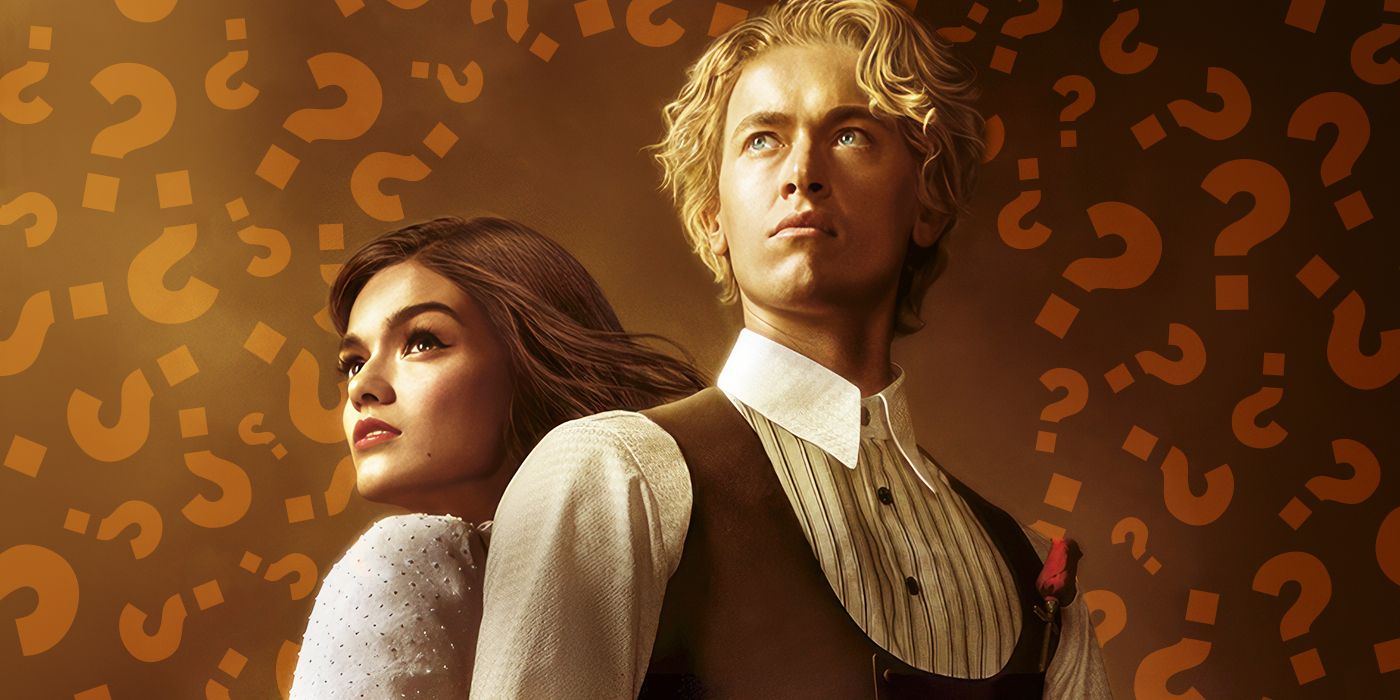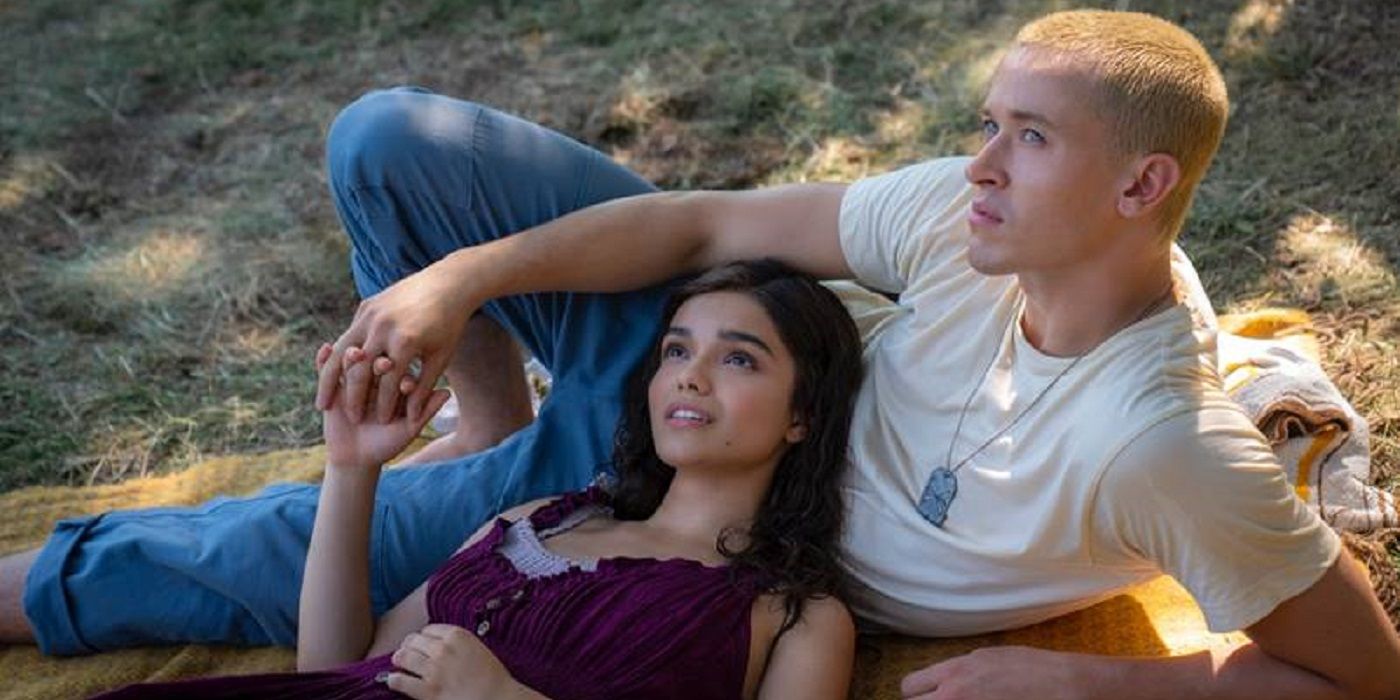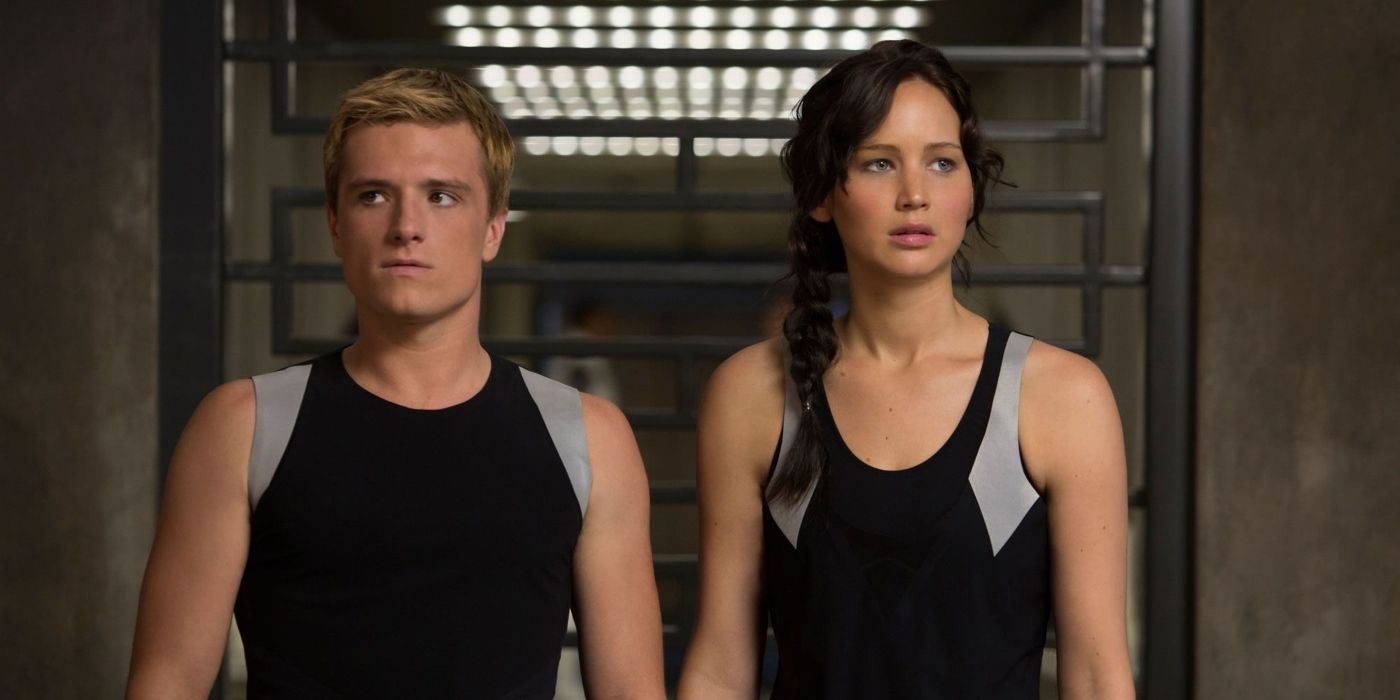The Big Picture
- The Hunger Games franchise's prequel film, The Ballad of Songbirds and Snakes, will explore the younger years of President Snow and his experience as a mentor, offering a different perspective on the villain.
- The prequel will delve into the origins of the Hunger Games and how they became accepted in Panem, reflecting the widening division between the rich and the poor and supplementing the current discourse on social inequality.
- The film's relevance lies in its exploration of anti-capitalist ideas, addressing the socio-political issues of wealth disparity and social control through the horrifying concept of the games. It emphasizes the importance of discussing and addressing the widening social gap in today's society.
It's been just over a decade since movie theaters were filled with fans of Suzanne Collins' dystopian young adult book series. The Hunger Games took the world by storm, filling up cinemas and racking up enough gold to challenge the overflowing banks of the Capitol itself. Not only did it kick off a beloved franchise, but it made a movie star out of a then-unknown Jennifer Lawrence, who played the brave lead Katniss Everdeen. Soon, we will be getting the first installment in the movie series in 8 years, which serves as a prequel and origin story for Donald Sutherland's villain character Coriolanus Snow, this time played by Tom Blyth. Considering that the original Hunger Games trilogy reflected the widening division between the poor and rich, The Hunger Games: The Ballad of Songbirds and Snakes (which is based on Collins' book of the same name) will supplement the rising discourse around this issue, fitting right in with its comparable "eat the rich" peers.
What Is 'The Hunger Games: The Ballad of Songbirds and Snakes' About?
Set 64 years before the original trilogy, the prequel follows President Snow's younger years and his experience as a mentor for Lucy Gray Baird (Rachel Zegler) from District 12. Unlike the bloodthirsty and heartless President Snow we see in the original, the younger Snow seems to be more ambitious and compassionate. By focusing on the less ruthless background of the most hated villain of the franchise, there's an immense pressure on casting, but Tom Blyth seems up to the task. Blyth was endorsed by both Lawrence and producer Nina Jacobson, who claims that "Tom’s performance will both fulfill and disrupt everything you think you know about Coriolanus Snow." There also seems to be a complicated romantic subplot which may humanize Snow, but after the exhausting love triangle in the original, this one cannot afford to be anything other than brilliant. Aside from romance and an origin story, this prequel will delve into how the games became so accepted throughout Panem, pitting district members against each for a chance of a life drenched in luxury and fame.
'The Hunger Games' Is Still Relevant Today
With distinctly anti-capitalist ideas, The Hunger Games sets up a dystopian world with a grossly rich Capitol and impoverished districts. The novels reflected the widening social gap at the time, (at least an emphasized version anyway) directly engaging with social inequality and its dour ramifications around the time of the novel's publication. But now these issues have been brought to light, rising to the surface of everyday discourse more than ever before. Although dystopian societies in film have existed for ages, there has been an influx of "eat the rich" movies over the last couple of years from comedic whodunit Glass Onion: A Knives Out Mystery to Triangle of Sadness and the ominous The Menu. The new installment of the Hunger Games franchise would flourish among the "eat the rich" attitude permeating across today's audiences.
On the other hand, the prequel may just be drowned out by its anti-capitalist peers and consequently just come off as redundant. The Hunger Game's driving force is the iconic games themselves, with its subsequent installments that progressively focussed on the political side failing to garner the notoriety the first film had. So although socio-political rhetoric can be used to the film's advantage in this social environment, it may also just be its downfall. The film faces a monster of a challenge, having to humanize a character that's known for his inhumanity whilst also balancing the right amounts of gaming savagery with social commentary. The characterization also faces a challenge. Songbird-like Lucy starkly contrasts the bitterness of Katniss and is more akin to the sweet and almost anonymous Peeta Mellark, and thus faces the danger of being bland. If we don't care about the person who is entering the games, why should we care at all? The entire production teeters on the edge of becoming a pale copy of the original, or a tantalizing tribute that enhances present social and economical awareness.
Is 'The Hunger Games' Just Another "Eat the Rich" Film?
However, the premise of The Hunger Games takes a step further than just exaggerating the economic state that exists around us. The games are horrifying concepts that we can nonchalantly brush off as fantastical, but just one glimpse into history tells us otherwise. Financial and class divisions have existed in nearly every civilization, from royalty to slavery. Directly inspired by the Roman gladiator games and arenas, Collins even borrowed the Latin word for bread for the city's name, Panem, alluding to a satirical poem that criticizes social divide. The lines "longs eagerly for just two things — bread and games" reflect how both are used as a means of control: the rich overindulge in bread and the bloody games while the impoverished have restrictions on bread and are often caged into the games. Many films have also explicitly delved into the notion of wealthy individuals using the lower class as their entertainment like in The Purge or The Hunt. Hypotheticals like these are far more terrifying when we realize humans have used gore for entertainment for years (and we still do in films), so The Ballad of Songbirds and Snakes' exploration of how the games were embraced becomes unsettlingly relevant today.
The prequel also reflects the journey of how a member of the lower class can enter the sacred top 1% of earners. Two members of each of the 12 districts are selected to eliminate each other and then precisely one (until Katniss and Peeta of course) is allowed to enter the hallowed luxury and fame of the Capitol. There is an incredibly low chance of surviving and an even lower chance of being selected in the first place, reminiscent of how unlikely it is to join the top 1%. The odds truly have to be in your favor. The film is practically a mirror to our own economy and capacity for social mobility. Rooted in dire realism but with the spark of a good dystopian premise, The Ballad of Songbirds and Snakes is more relevant today than it ever was. It not only captures a sentiment that we have been feeling for years but are only expressing now, it reminds us why these discussions of the widening social gap are significant and need to be addressed.




